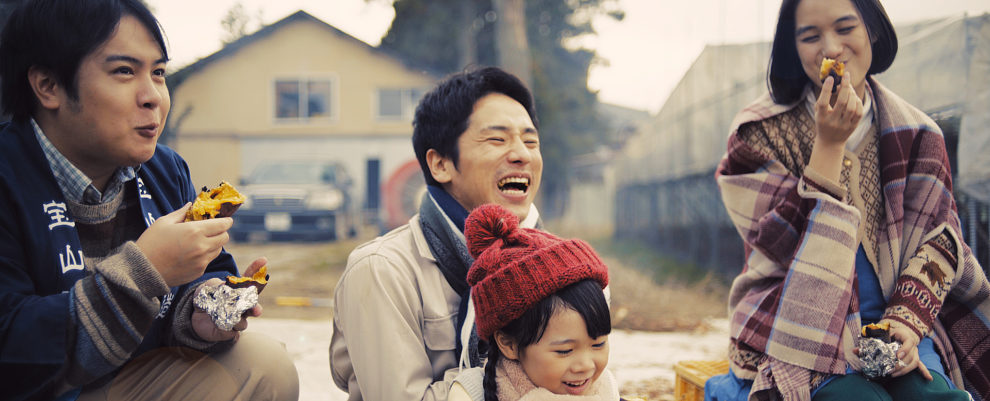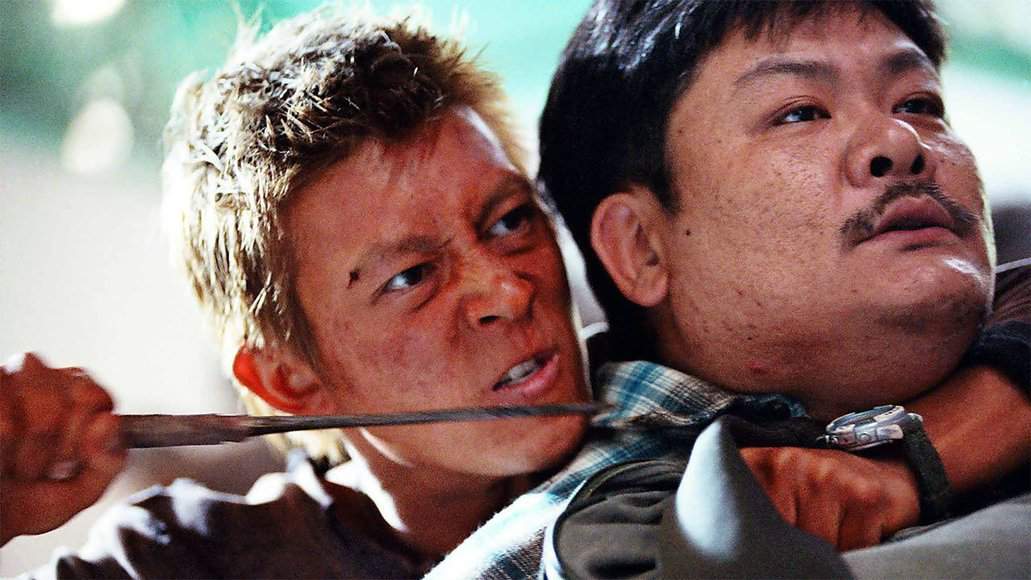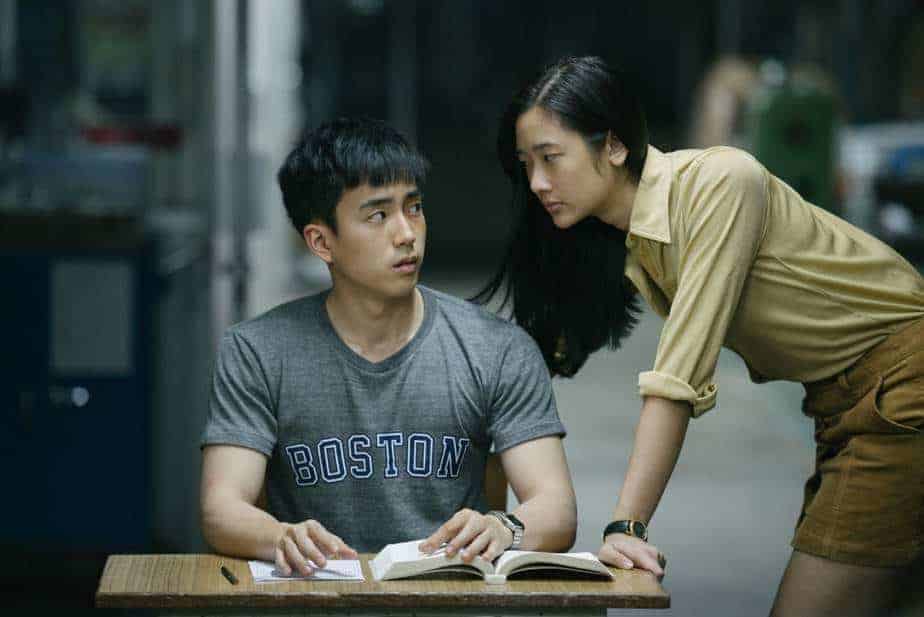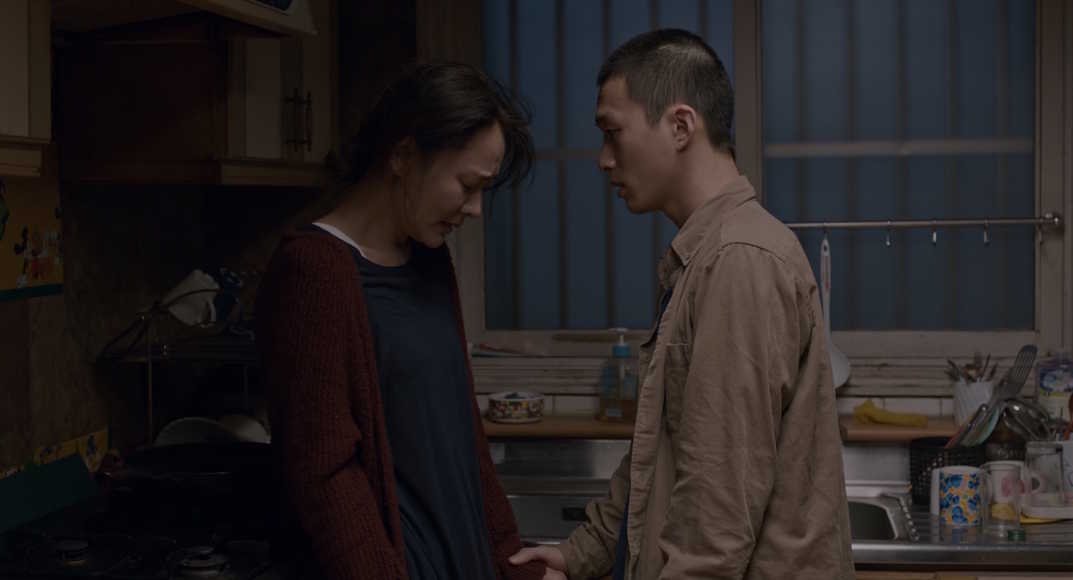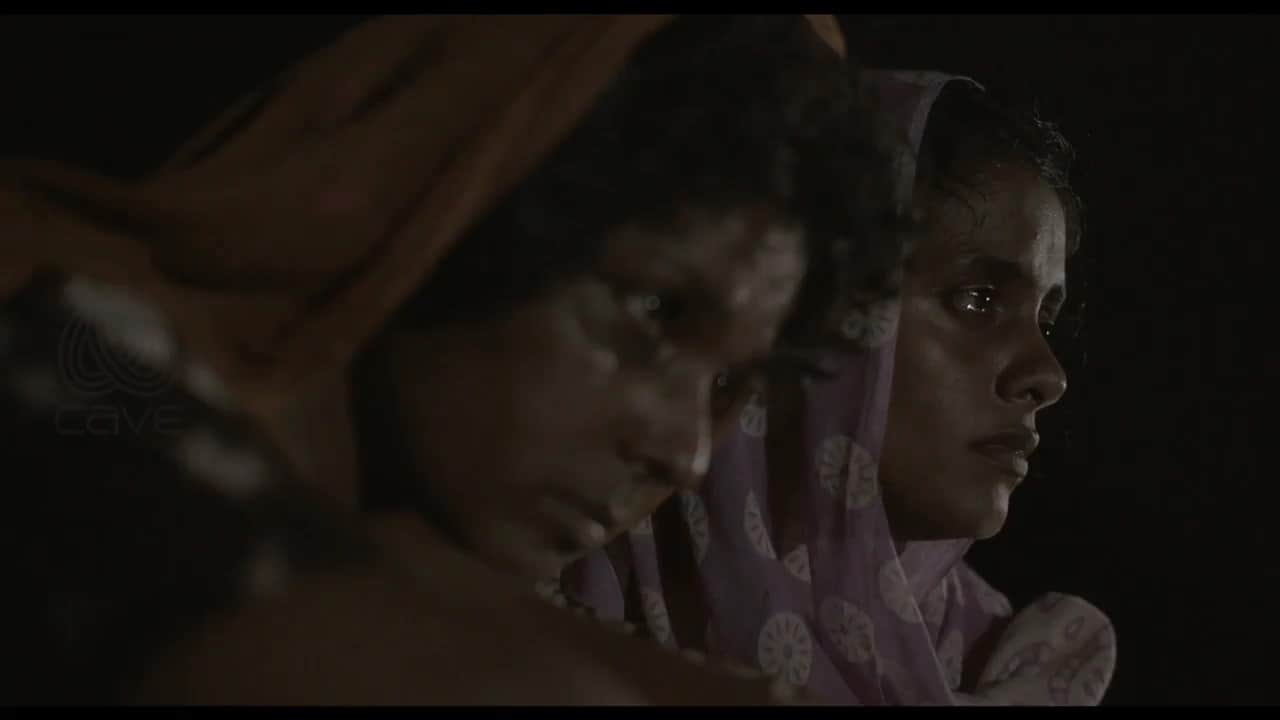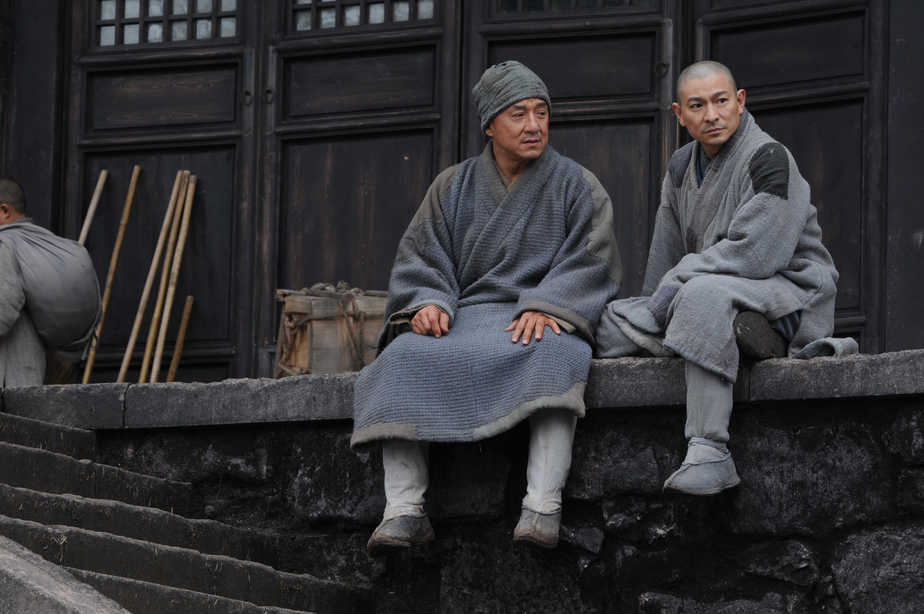Our homes and the region we come from will, even though we might decide to leave them at one point, always have a special place in our hearts, and despite the kind of memories we connect with them. Although he is originally from Tokyo, director Seiichi Hishikawa must have felt a very special connection to the city of Niigata, its tradition of sake-brewing and its rice paddies, as well as the overall beauty of the landscape. As a means to give the audience and impression of what fascinates him about this region and the possibilities it brings for a storyteller such as him, he directed the short feature “Nishikan”. With the project being somewhat successful, Hishikawa made “Harmonica-Taiyo”, a sequel to the original short, which tells a story of two lovers, their happiness as well as their tragic fate.
Harmonica-Taiyo is screening at Japan Filmfest Hamburg

It is spring time in the region of Nigata and the cherry blossoms are in full bloom, and while he is surrounded by all this beauty, young student Yoji (Yuhei Ohuchida) has found the courage to finally talk to Haruka (Yuri Yamada) and ask her out on a date. As she starts to flirt with the young man, he eventually cannot take it anymore, confessing his love for her, to which she, much to Yoji's surprise, reacts quite positively. At last, the two become a couple and as the months go by, the not only move in together, but also become parents to a daughter.
However, as both their parents emphasize they would quite like to also have a male heir in their family, there is a lot of pressure on the young couple. As Haruka becomes pregnant yet again, Yoji is both happy and relieved to see their family growing again. However, as his wife receives troubling news about her health, the happiness of their family is at stake.
Within the context of overblown melodrama which seems to be the ingredient of romantic movies nowadays, Hishikawa's feature certainly feels like a breath of fresh air given its duration and how the director manages to boil down his narrative to its essentials. While most certainly not void of melodramatic notions, the addition of the four segments of the feature, symbolizing the four seasons as well as the various stages of the love between the two main characters, is an interesting idea, especially when combined with the imagery of the countryside which is quite stunning.
However, the fact that “Harmonica-Taiyo” works well is perhaps mostly due to its cast. Although some of their dialogues is sentimental and even cringe-worthy in certain areas, Yuhei Ohuchida and especially Yuri Yamada give a great performance as a couple going through various emotional stages. Considering the variety of developments their characters' relationship has to endure, their chemistry is believable, making even the quirky comedy elements work well.
In the end, “Harmonica-Taiyo” is a solid entry into the romantic drama genre. Despite not treading on new ground here, director Seeichi Hishikawa's feature still convinces thanks to its cast and its cinematography.


